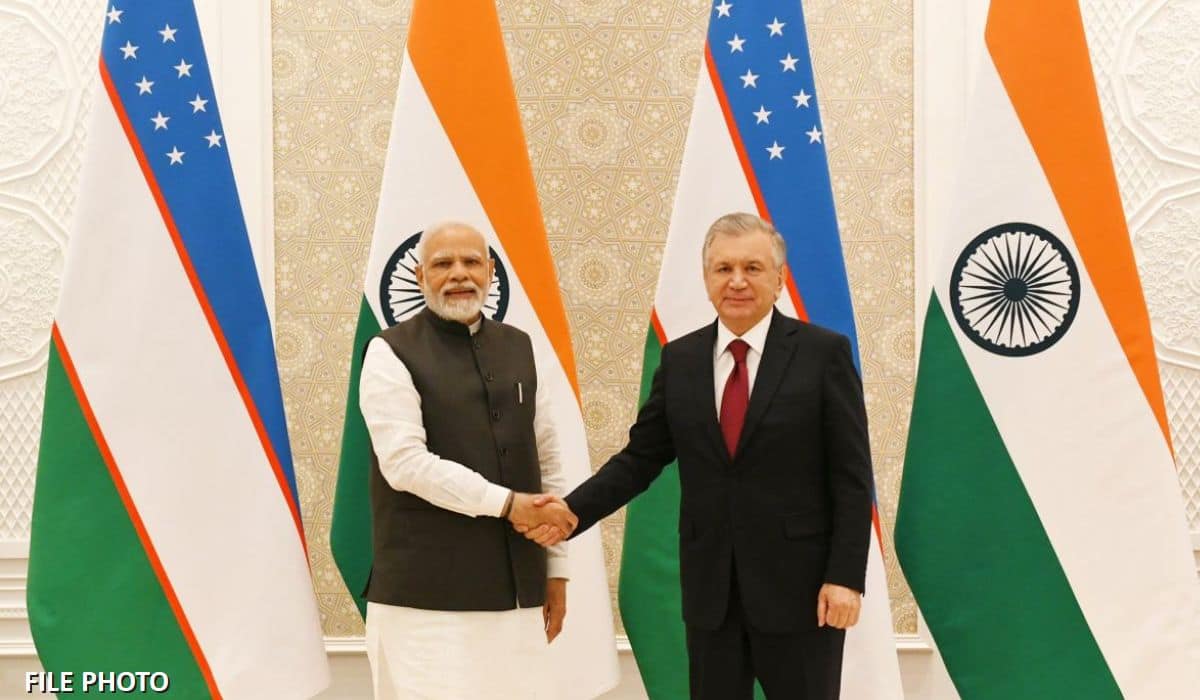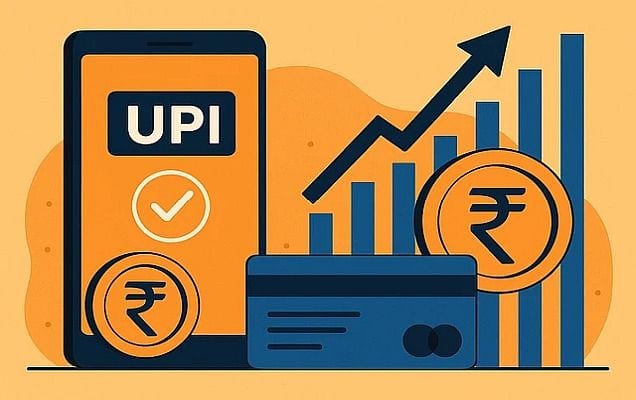Right Hon’ble Theresa May, Prime Minister of United Kingdom,
My colleague Dr. Harsh Vardhan, Minister for Science & Technology and Earth Sciences,
Dr. Naushad Forbes, President of CII,
Distinguished members from the Academia,
Eminent scientists and technologists,
Industry Leaders from UK and India,
Ladies and Gentlemen,
- I am delighted to address the India-UK Tech Summit 2016
- The Tech Summit was envisaged during my visit to the UK in November last year to reinforce the friendship between India and the UK.It also marks the high point commemorating 2016 as the ‘India-UK Year of Education, Research and Innovation’.
- It is a privilege that Right Honorable Theresa May, the Prime Minister of United Kingdom has joined us at this event. Madam Prime Minister, I am aware that India has always been close to your heart and you have been a great friend of India. Recently you celebrated Diwali at your home with members of the Indian community!
- Your presence here today reaffirms your commitment to the bilateral relationship. It is an honour for us that you chose to visit India as your first bilateral trip outside your immediate neighborhood and we extend a warm welcome to you.
- Today, the world is at an inflection point where technology advancement is transformational. It is vital that India and the United Kingdom, two countries linked by history, work together to define the knowledge economy of the 21st century.
- In the current global environment, our two countries face several economic challenges which directly affect trade and commerce. But I am confident that together we can leverage our scientific strengths and technological prowess to create new opportunities.
- India is now the fastest growing large economy with the most open investment climate. Our innovative entrepreneurs, talented work force and R&D capabilities combined with large markets, demographic dividend and increasing economic competitiveness offer new growth sources for the world economy.
- Likewise, the UK too has experienced resilient growth in the recent past. It excels in academic quest and technological innovation.
- Even though the quantum of bilateral trade has remained at the same level for the past five years our investments in both directions have been robust. India is the 3rd largest investor in UK, and UK is the largest G20 investor in India. Both countries support large numbers of jobs in each other’s economies.
- The present India-UK cooperation in science and technology is driven by ‘high quality’ and ‘high impact’ research partnerships. I am glad to mention that in less than two years’ time under the ‘Newton-Bhabha’ program we have started wide ranging collaborations covering basic science to solution science aimed at addressing societal challenges.
- Together, our scientific communities are working on new vaccines for infectious diseases, inventing new smart materials, providing solutions for clean energy and climate change mitigation, and improving crop productivity including agriculture and food security.
- We have agreed to establish India-UK Clean Energy R&D Centre on solar energy with joint investment of 10 million pounds. A new Anti-Microbial Resistance initiative with joint investment of 15 million pounds is also being launched.
- I feel that India and UK can partner in harnessing the vast traditional knowledge base in India coupled with modern scientific investigation to provide a holistic approach to preventive healthcare. This can help address some of the modern life style diseases that we face.
- India’s partnership with UK in industrial research has been one of our most exciting programs. The Global Innovation & Technology Alliance or GITA platform of CII and Department of Science and Technology along with Innovate-UK supports industry led R&D projects in affordable healthcare, clean technology, manufacturing and ICT.
- These sectors open new potential for Indian and UK businesses to convert the scientific knowledge into technology based enterprises. I call upon all the participants here to contribute and value-add to these exciting bilateral programs, aimed to foster innovation and techno-entrepreneurship.
- I firmly believe that Science, Technology and Innovation are immense growth forces and will play a very significant role in our relationship. The Tech Summit aims at strengthening our strategic partnership for mutual gains based on our shared technological prowess and scientific knowledge.
- I have always said that Science is Universal but Technology has to be local. It is in this context that such summits throw an opportunity to understand each other’s requirements and forge our future relationship on that understanding.
- The convergence of my government’s flagship development missions, our technology achievements and aspirations, and our strong bilateral relations offer huge new growth avenues for Indian and British industries.
- There is an opportunity for India and UK to collaborate in the ‘Digital India’ Program and expand information convergence and people centric e-governance.
- India will soon have over a billion phone connections with an urban tele-density of around 154%. We have 350 million internet users. We are bringing in last mile connectivity to nearly 100,000 villages across the country. Such rapid growth offers new digital highways and new markets for UK and Indian companies to address.
- A natural collaboration emerges in India’s rapidly developing financial services sector. ‘Fintech’ is emerging as the next big transformation for India as we bring 220 million new households into the umbrella of the ‘Jan Dhan Yojana’. This financial inclusion scheme is being melded with mobile technology and the unique identification card to form the largest social security program in the world.
- With UK’s leadership in financial technology and international finance, promising opportunities can be harnessed by our enterprises in this mission.
- We also expect ‘Make in India’ to be a key sector of bilateral engagement. Advanced manufacturing is a special endeavor under this program. UK as a leading player can benefit from our liberal FDI policies in defense manufacturing, aerospace and electronics engineering.
- The ‘Smart City’ mission aims to integrate digital technology into our rapidly urbanizing environment. I am glad that there is already a high level of interest from the UK in projects in Pune, Amaravati and Indore. I understand that UK companies have already signed deals worth 9 billion pounds and I encourage more participation.
- The ‘Start-up India’ program aims at converging innovation and technology with entrepreneurship for our tech-savvy youth. Today, India and UK have emerged amongst the top three largest startup hubs in the world with an exciting ecosystem of investors and innovators.
- Together, we can create a vibrant and thriving environment for new commercial applications with breakthrough technologies.
- The chosen themes for this Summit like advanced manufacturing, biomedical devises, design, innovation and entrepreneurship all present new openings for business collaborations in our trade relationships.
- I believe that India and the UK must continue to nurture and support an ecosystem of high quality fundamental research to pave the way for joint technology development that can address global challenges.
- I am happy to note that the India-UK Tech Summit focuses on higher education. Education is vital for our students and will define our engagement in a shared future. We must therefore encourage greater mobility and participation of young people in educational and research opportunities.
- I congratulate the Department of Science and Technology and the Confederation of Indian Industry for organizing this signature event with United Kingdom as the partner country. I am confident that the Tech Summit will lay the foundation for the next phase of India-UK relationship. It will take us together into a journey based on shared scientific knowledge and technological prowess.
- I thank all the participants from UK and India whose contribution and presence is crucial to the success of this meet. I once again would like to thank Prime Minister Theresa May for gracing this occasion and sharing her perspectives and vision in building a new India-UK partnership.


















